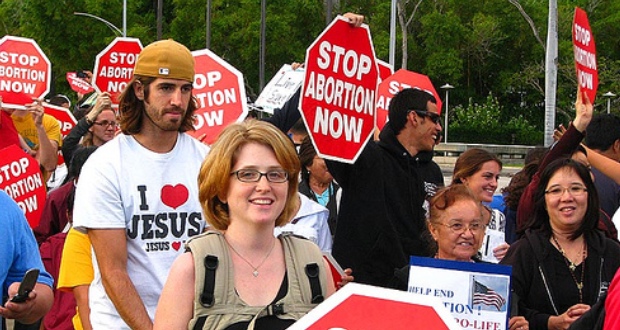Pope to call for new evangelization of world’s migrants
Vatican City, Oct 25, 2011 / 01:28 pm (CNA/EWTN News).- Pope Benedict XVI will mark January’s World Day of Migrants and Refugees with a call for the “new evangelization” to extend to migrant workers, refugees and international students.
“The phenomenon of migration today is also a providential opportunity for the proclamation of the Gospel in the contemporary world,” the Pope will say in his message, a preview of which was released by the Vatican Oct 25.
Pope Benedict noted that “Men and women from various regions of the earth, who have not yet encountered Jesus Christ or know Him only partially, ask to be received in countries with an ancient Christian tradition.”
The text of his address was unveiled at a Vatican press conference this morning.
Archbishop Antonio Maria Veglio, President of the Pontifical Council for the Pastoral Care of Migrants and Itinerant People, explained that the Pope’s message will be divided into three parts dealing with each migrant group: migrant workers, refugees and international students.
“Faced with this challenge, the Church is impelled to reconsider her methods, forms of expression and language, so as to renew her missionary efforts,” said Archbishop Veglio, adding that a “new” evangelization “does not affect the contents and the value of the missionary mandate, as handed down by Holy Scripture, Tradition and the Magisterium.”
The latest figures show that in 2009 there were 38.5 million immigrants to the U.S. In terms of country of origin, a third arrive from Mexico, followed by the Philippines, India, China, El Salvador and Vietnam.
While recognizing the opportunities for evangelization, the Pope also notes that migration can sometimes undermine the faith of Catholics. This is particularly true, he says, when the Catholic migrant worker move to parts of the world where efforts to “efface God and the Church’s teaching from the horizon of life” are taking place.
“Having grown up among peoples characterised by their Christian faith they often emigrate to countries in which Christians are a minority or where the ancient tradition of faith, no longer a personal conviction or a community religion, has been reduced to a cultural fact,” says the Pope.
In response, the Church needs to help migrants “keep their faith firm” even when they are deprived of its previous cultural support. The Church must also find “new pastoral approaches” for the “ever vital reception of the Word of God,” the Pope writes.
As for asylum seekers, the Pope says that those “who fled from persecution” stand “in need of our understanding and welcome,” as well as an “awareness of their duties.”
According to statistics of the United Nations High Commissioner for Refugees, 80 percent of the world’s refugees are currently hosted in developing countries. The Pope said host populations should adopt “attitudes of reciprocal acceptance, overcoming fears and avoiding forms of discrimination.”
Lastly, Pope Benedict turns his attention to international students who, he observes, often face problems of “integration, bureaucratic difficulties, hardship in the search for housing and welcoming structures.” He calls upon Christian communities – and in particularly Catholic universities – to welcome and support such student and to see their time in education as an opportunity to evangelize.
“Universities of Christian inspiration are to be, in a special way, places of witness and of the spread of the new evangelization,” he says, “seriously committed to contributing to social, cultural and human progress in the academic milieu.”
In this way, Pope Benedict observes, international students can be drawn closer to the Church by meeting an “authentic Gospel witnesses and examples of Christian life.”
He concludes by entrusting all three groups of migrants to the intercession of “Mary, ‘Our Lady of the Way’,” so that “the joyful proclamation of salvation in Jesus Christ may bring hope to the hearts of those who are on the move on the roads of the world.”






